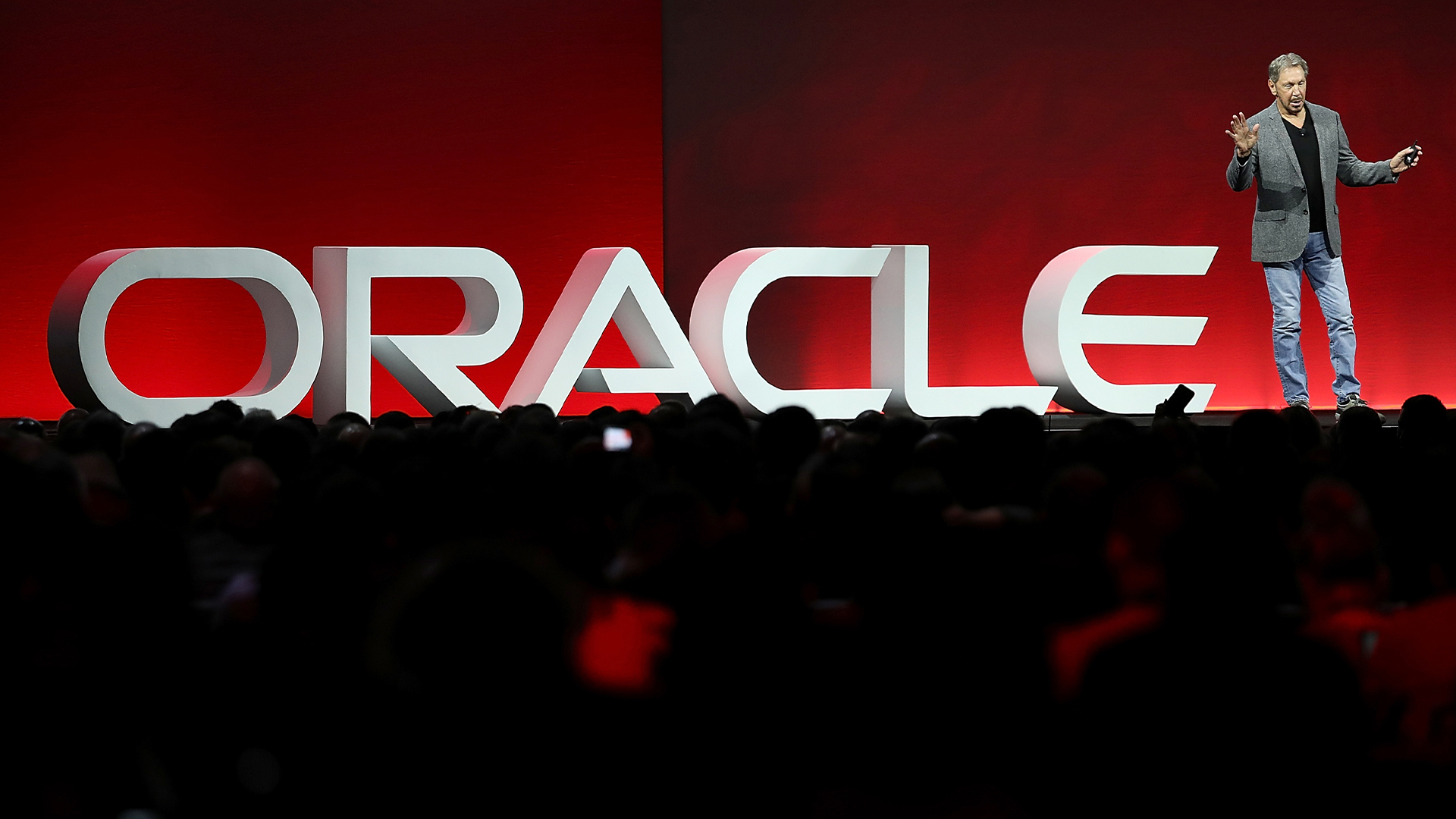Cultural resistance, not tech, is holding innovation back, Oracle research claims
Firms are failing in their endeavours to innovate, but the reason why isn't one of the usual suspects...


Poor leadership, a lack of structure and focus, and ultimately an unwillingness to cultural change, is preventing businesses from truly enjoying the benefits of innovation.
So claims research commissioned by Oracle, which surveyed more than 5,000 businesses with revenue ranging from 1 million to 500 million+, across a variety of sectors.
The research, which is detailed in a report entitled Having a successful innovation agenda, found that one-third of firms feel overwhelmed by the sheer volume of innovation-led projects going on in their organisation.
Meanwhile, roughly one-fifth of research participants blamed a lack of business commitment, shoddy or non-existent processes, lack of vision, and underinvestment in the right technologies for hampering their ability to join the dots between innovating and business success.
As a result, these organisations are seriously missing out on business growth opportunities, as proven by the fact that 85% of firms who are growing significantly attribute their expansion to investment in innovation.
The real crux of the issue, however, is the fact that all of the hampering elements combined boil down to cultural change or the lack thereof, according to John Abel, vice president of cloud and innovation at Oracle in the UK, Ireland and Israel.
"There's the cultural challenge of innovation Are we culturally fit for where we need to go? If you look at the experience you create with innovation, that's also important. Cultural challenges and customer challenges around experience are critical. The only way to control it is to innovate at a pace and prove very quickly whether you have something that's worth investing in," he said.
Get the ITPro daily newsletter
Sign up today and you will receive a free copy of our Future Focus 2025 report - the leading guidance on AI, cybersecurity and other IT challenges as per 700+ senior executives
"When you start with innovation you're hitting a headwind. When you're trying to pivot, it's like going up a river with a full torrent of waves coming towards you. It's hard going and you're going to get very wet.
"So you've got to have exec buy-in. You need the commitment if the org wants to pivot. The minute you lose that it's a bit like getting hit by a superwave. You get knocked over or lose the power to keep going up the river."
Organisations must ask themselves whether they're culturally ready for the changes that are required, Abel said, adding that the political elements of how the business runs must then be addressed.
"If you keep innovation on the edge, it becomes an isolated function. If you embed it across every single team, then the things that you've been famous for in the past that fuel the revenue engine, you might lose focus on. Different models mean different outcomes. So you need to have the politics in mind," he said.
It also takes brave leadership to convince other business stakeholders they need to innovate and change when they are already a leader in a specific market, according to Abel.
He concluded: "Then you have the religious debate about technology selection. So it's culture, politics, religion that are some of the challenges which mean people struggle with that innovation pivot."
Maggie has been a journalist since 1999, starting her career as an editorial assistant on then-weekly magazine Computing, before working her way up to senior reporter level. In 2006, just weeks before ITPro was launched, Maggie joined Dennis Publishing as a reporter. Having worked her way up to editor of ITPro, she was appointed group editor of CloudPro and ITPro in April 2012. She became the editorial director and took responsibility for ChannelPro, in 2016.
Her areas of particular interest, aside from cloud, include management and C-level issues, the business value of technology, green and environmental issues and careers to name but a few.
-
 Should AI PCs be part of your next hardware refresh?
Should AI PCs be part of your next hardware refresh?AI PCs are fast becoming a business staple and a surefire way to future-proof your business
By Bobby Hellard Published
-
 Westcon-Comstor and Vectra AI launch brace of new channel initiatives
Westcon-Comstor and Vectra AI launch brace of new channel initiativesNews Westcon-Comstor and Vectra AI have announced the launch of two new channel growth initiatives focused on the managed security service provider (MSSP) space and AWS Marketplace.
By Daniel Todd Published
-
 IBM eyes Oracle expertise gains with latest acquisition
IBM eyes Oracle expertise gains with latest acquisitionNews The deal aims to help IBM address the complexities of public sector cloud transformation
By Emma Woollacott Published
-
 Channel Focus: All you need to know about Oracle's partner program
Channel Focus: All you need to know about Oracle's partner programWhat to know about partnering with Oracle: A brief guide to the database management software company as it expands further into cloud solutions
By Fleur Doidge Published
-
 Predicts 2024: Sustainability reshapes IT sourcing and procurement
Predicts 2024: Sustainability reshapes IT sourcing and procurementwhitepaper Take the following actions to realize environmental sustainability
By ITPro Published
-
 Advance sustainability and energy efficiency in the era of GenAI
Advance sustainability and energy efficiency in the era of GenAIwhitepaper Take a future-ready approach with Dell Technologies and Intel
By ITPro Published
-
 2024 State of procurement report
2024 State of procurement reportWhitepaper The trends shaping the future of business buying
By ITPro Last updated
-
 Digital optimisation paves the way to strategic supplier management
Digital optimisation paves the way to strategic supplier managementWhitepaper Procurement’s role as a strategic driver
By ITPro Published
-
 Bringing order to the file management chaos plaguing AEC firms
Bringing order to the file management chaos plaguing AEC firmswhitepaper How a cloud-based solution, supported by edge technology, helps architecture, engineering, and construction firms boost performance and cut costs
By ITPro Published
-
 File data services to support modern manufacturing
File data services to support modern manufacturingwhitepaper Smart file data services deliver resilience and intelligence to the modern manufacturing organization
By ITPro Published